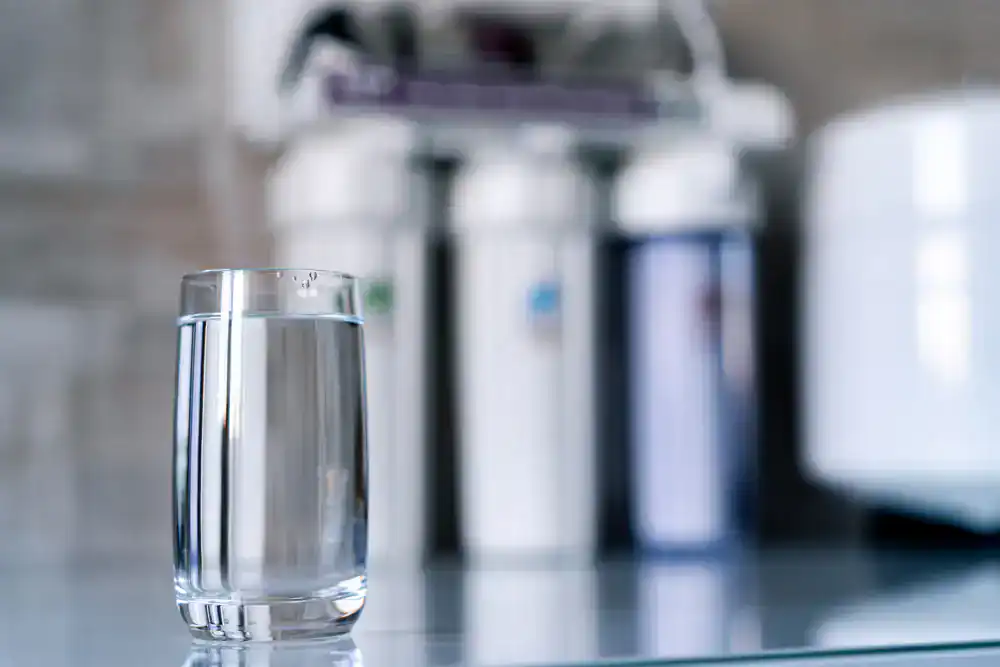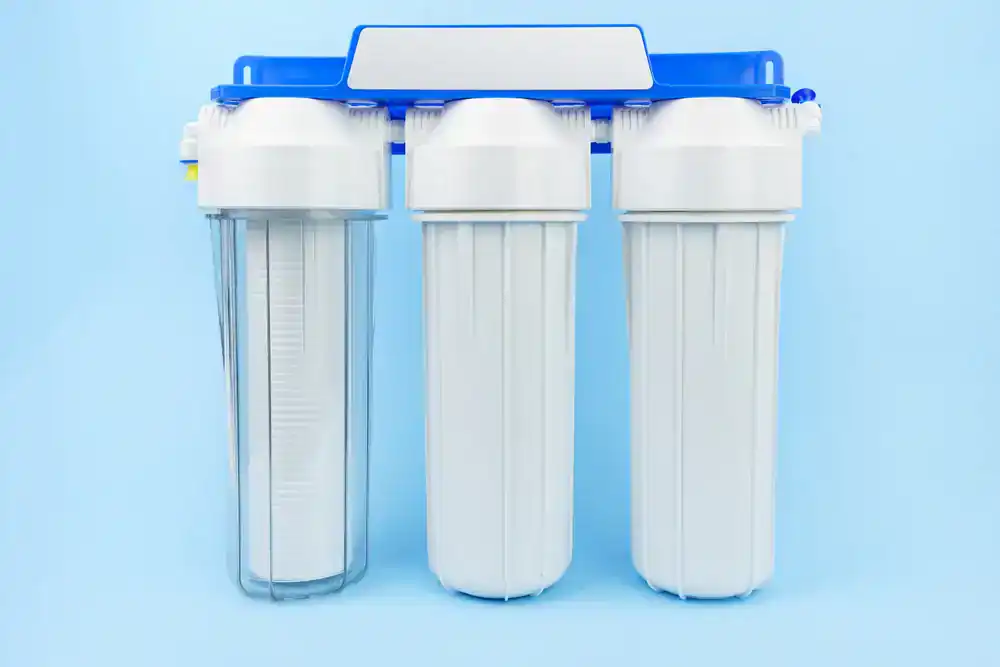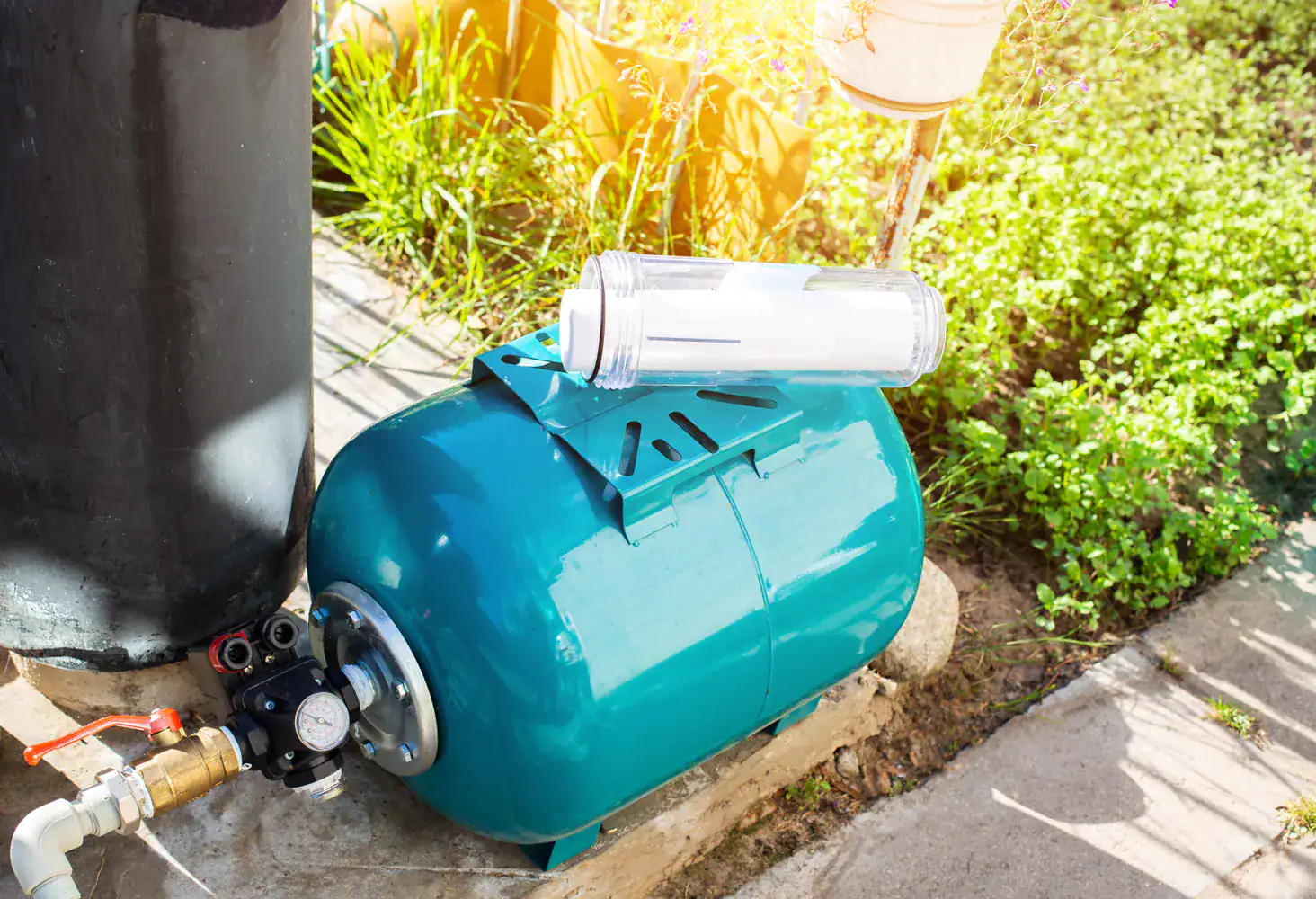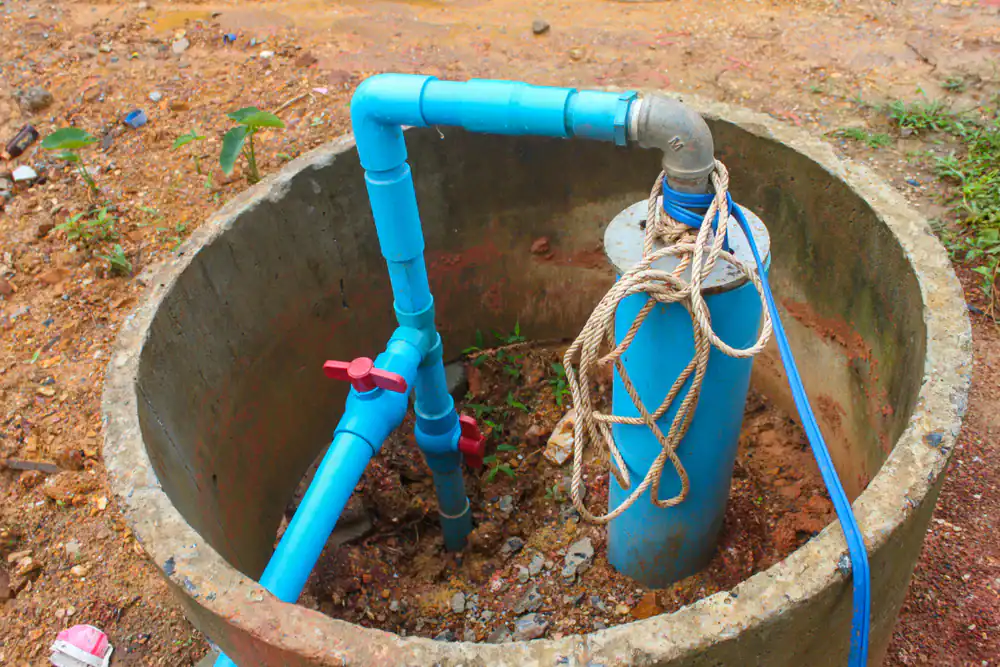Reach Out Today
Please provide your email address so that we can stay in touch and answer any questions you have! We will be reaching back out shortly.
Professional well water filtration that eliminates sulfur odors, iron stains, and harmful bacteria for safer, better-tasting water throughout your home.

Hear from Our Customers

Your well water doesn’t have to smell like rotten eggs or leave orange stains on everything it touches. When you install a proper whole house water filtration system, you get water that’s actually pleasant to drink, cook with, and bathe in.
No more holding your breath when you turn on the tap. No more scrubbing iron stains off your fixtures every week. No more wondering if what you’re drinking is actually safe for your family.
Clean water flows from every faucet in your home. Your appliances last longer. Your clothes come out of the wash looking clean instead of dingy. And you can finally drink a glass of water without making a face.
Quality Safe Water of Florida has been serving North and Central Florida homeowners with professional water treatment solutions that actually work. We hold an A+ rating with the Better Business Bureau with zero complaints – something you won’t find with many of the national competitors.
As members of the National Water Quality Association, we specialize in whole house purification projects that solve real problems for real families. We’re not trying to sell you the cheapest option or push products that don’t match your water’s specific issues.
Our focus is simple: install the right system the first time so you don’t have to deal with water problems again. Military families and first responders receive a $500 discount because we believe everyone deserves clean water.

First, we test your water to see exactly what you’re dealing with. Every well is different, and cookie-cutter solutions don’t work when your water has specific contamination issues.
Based on your test results, we design a system that targets your actual problems – whether that’s sulfur, iron, bacteria, nitrates, or hard water minerals. No guesswork, no overselling, just the right equipment for your situation.
Installation is handled by our trained technicians who know how to integrate the system with your existing plumbing without causing pressure drops or flow issues. We test everything before we leave to make sure it’s working properly.

Ready to get started?
Florida well water presents unique challenges that generic filtration systems can’t handle. The state’s geology means your water likely contains iron, sulfur compounds, tannins from organic matter, and potentially harmful bacteria.
In Conant and surrounding areas, many wells pull from aquifers that have been affected by agricultural runoff, creating nitrate contamination issues. The warm, humid climate also increases the risk of bacterial growth in untreated water sources.
Our systems are specifically chosen to handle these Florida-specific issues. We use chemical-free filtration methods when possible, multi-stage treatment for complex contamination, and UV sterilization to eliminate bacteria without adding chemicals to your water supply.

Please provide your email address so that we can stay in touch and answer any questions you have! We will be reaching back out shortly.
"*" indicates required fields
